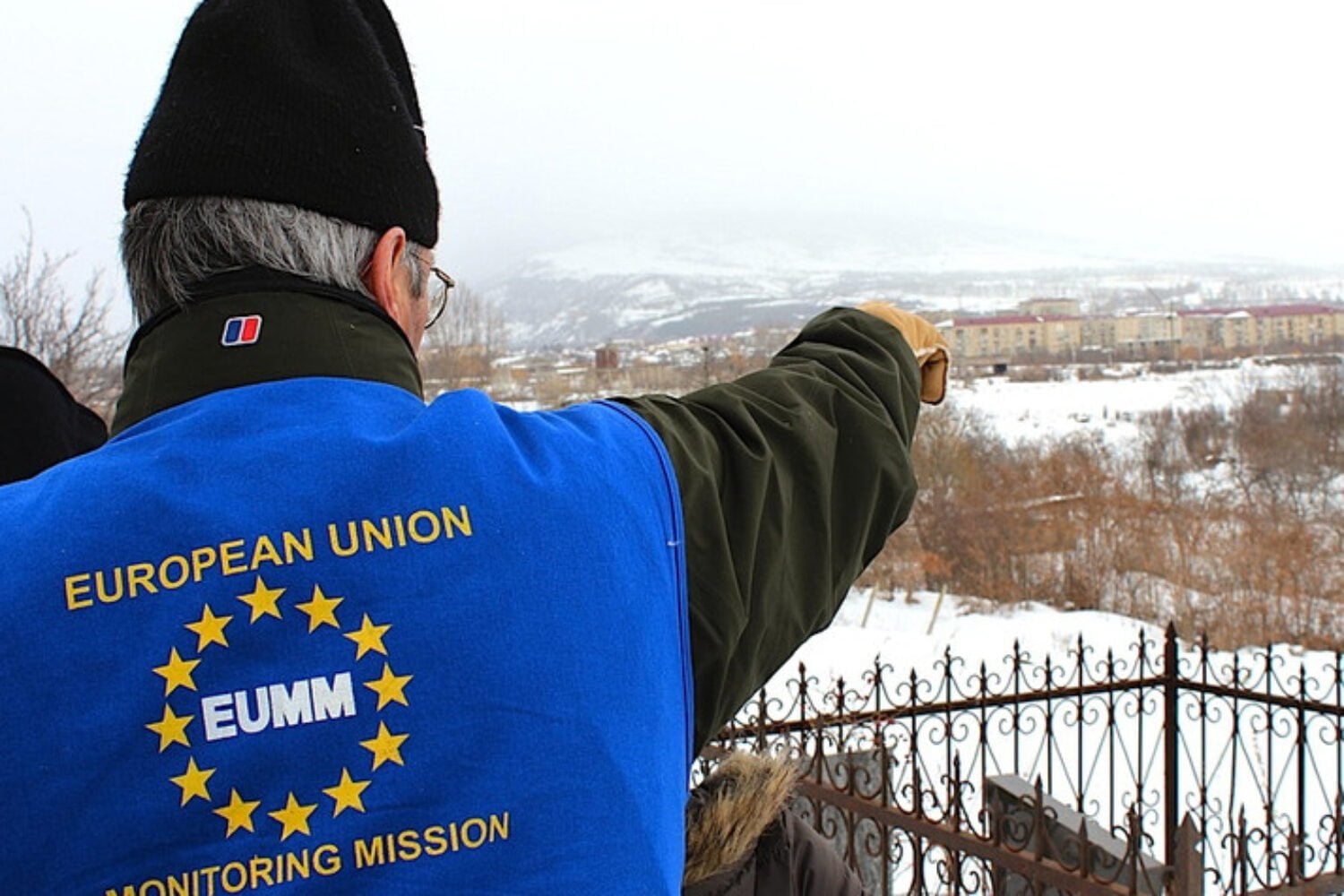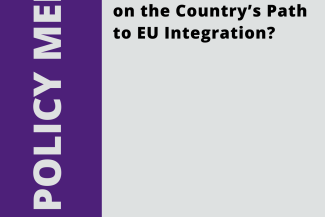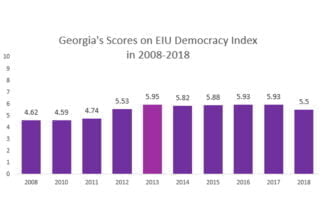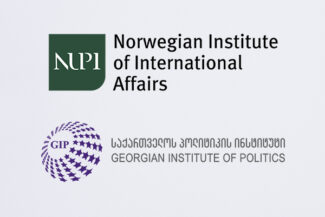05-12-2019
Originally posted by EUobserver
The EU’s eastern neighbourhood is in flux.
The collapse of the pro-reform government in Moldova and the stagnation of anti-corruption reforms in Ukraine was recently followed yet by another political crisis in Georgia.
On 14 November, Georgia’s ruling party, the Georgian Dream (GD) backtracked from its major political promise to introduce the proportional electoral system for the next year’s parliamentary elections.
The opposition and civil activists hit the street, started picketing the parliament building and demanded snap elections. Both domestic watchdogs and international observers agree that introduction of proportional election system is an essential next step for consolidating Georgia’s fragile democracy.
It is not the first time when Georgia finds itself on the brink of authoritarian rollback.
The Black Sea country which is often viewed as a frontrunner of the EU’s Eastern Partnership Initiative (EaP) has been struggling to consolidate its weak democratic structures and leave the post-Soviet legacies behind.
As a result of the GD’s rule the traditions of single-party dominance, political polarisation and politicised judiciary were further supplemented by informal governance, political interference, executive overreach, the failure to propagate standards of accountability.
Whereas the GD government implemented some socially-oriented reforms it failed to improve socio-economic conditions of the population and as a result its popularity has declined.
Therefore, perhaps out of fear of losing the 2020 elections, the GD decided to stick with the mixed electoral system with half of MP’s elected in majoritarian districts.
Compared to the opposition, the GD also possesses asymmetric financial and administrative resources and has significant influence on editorial policy of the biggest nationwide TV channels.
Considering the fact that the last presidential elections were marred by many irregularities and a high degree of polarisation, there is a danger that upcoming parliamentary elections will be even more tense and government may be tempted to win it by any means.
The result of it may be disastrous not only for Georgia’s democratic development but also for long-term stability of the country and region. Thus, as never before, Georgia needs assistance from international community to remain on path of democratic and sustainable development.
Read More © EUobserver
Kornely Kakachia – GIP Director, Senior Policy Analyst
Bidzina Lebanidze – GIP Senior Policy Analyst









